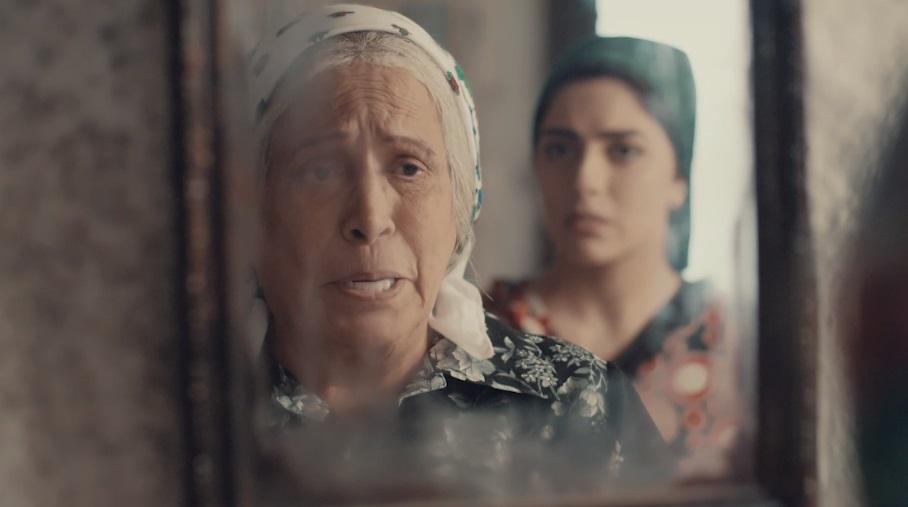DUBAI: A period drama about the trials of a Jewish midwife airing on MBC for Ramadan has drawn both criticism as an attempt to promote Arab “normalisation” with Israel and praise for a rare exploration of the Gulf’s social history.
“Umm Haroun,” a fictional series about a multi-religious community in an unspecified Gulf Arab state in the 1930s to 1950s, began airing on Friday as part of MBC’s lineup for the Muslim holy month, when viewership typically spikes.
It comes at a time when several Gulf states have broken with the recent past and made overtures to Israel, with which they have found common ground in confronting Iran.
Some have also backed a US Middle East peace plan to move on from a conflict they say holds back the Arab world. Egypt and Jordan are the only Arab states that have peace deals with Israel.
An official from the Palestinian Islamist group Hamas, Basim Naeem, condemned the series before it aired and told Reuters that portraying Jewish people in a sympathetic light was “cultural aggression and brain washing.”
Hamas, like other Palestinian groups, is vehemently opposed to the peace plan laid out by U.S. President Donald Trump’s administration.
A group of regional organisations against normalising ties with Israel circulated a poster on social media urging viewers to boycott “the wicked drama,” which was produced by Kuwait- and United Arab Emirates-based companies.
The show’s writers, Bahraini brothers Muhammad and Ali Abdel Halim Shams, told Reuters that it had no political message.
“People have spoken and judged before seeing it,” said Muhammad. “The message focuses on the ways of Muslims centred on showing love, good intention and peace to non-Muslims.”
MBC, the Arab world’s largest private broadcaster, said that according to its data the show is the top-rated Gulf drama in Saudi Arabia for Ramadan and among the top five dramas across genres.
MBC spokesman Mazen Hayek said Umm Haroun’s main message was a human one - a nurse who heals people “irrespective of any consideration.”
“It also focuses on tolerance, moderation and openness, showcasing that the Middle East was once a region where acceptance of one another was the norm versus the twisted interpretation and stereotyping of the region by hardliners and extremists, over the last decades.”







0 التعليقات:
إرسال تعليق